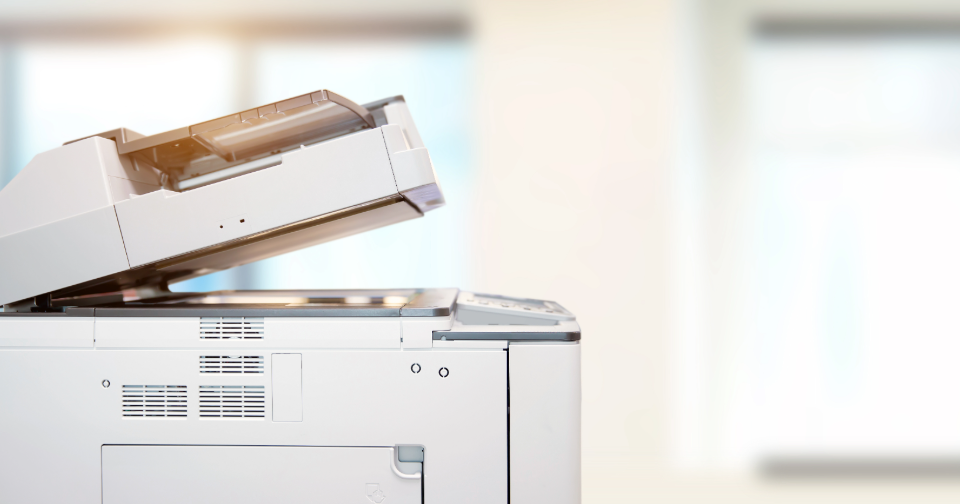The mechanism through which SARS-CoV-2, the virus that causes COVID-19, infects cells is known. The virus uses a receptor found on the surface of cardiopulmonary cells called ACE2 to gain entry to cells. ACE2 is also present in blood cells, including cells of the immune system, making them susceptible to the virus.
Interestingly, a wide spectrum of disease is caused by SARS-CoV-2, ranging from asymptomatic to fatal. Generally, severe disease is manifested by pneumonia which leads to acute respiratory distress syndrome (ARDS). Due to the association of ARDS with a disruption of the immune system termed cytokine release syndrome (CRS), research has been directed to exploring how the immune system is affected in COVID-19 patients and whether immunomodulatory agents will act as effective therapeutics.
The ‘immunological signature’ of COVID-19 patients guides new clinical trial
An ongoing research effort called COVID-IP performed at the Francis Crick Institute, King’s College London, Guy's and St Thomas' NHS Foundation Trust, and EMBL-EBI studies the response of the immune system in patients having SARS-CoV-2 infection.
Initial phenotypic analysis of samples from COVID-19 patients indicated that a specific type of immune cells, T cells that help eradicate virus-infected cells, are dysregulated (read more about T cell immunity in Rebecca's blog). T cell dysregulation gives rise to a detectable ‘signature’ that will be useful in predicting whether severe disease is likely to develop and in helping to inform treatment decisions.
More specifically, CD4+ helper T cells which help to activate and regulate the immune response by activating other immune cells are diminished in hospitalised COVID-19 patients. CD8+ cytotoxic T cells which recognise and directly kill virus-infected cells are also decreased. The team further investigated the number of basophils, a type of immune cell that can be involved in lung tissue repair and found a link between COVID-19 severity and the extent of basophil depletion in patients.
These findings supplement other studies (here and here) that report a correlation between the severity of COVID-19 and low total T cell count or T cell exhaustion.
Having developed a reliable method of detecting specific types of immune cells (the ‘immunological signature’) in patients with disease of varying severity, the team has started a clinical trial which will assess the potential therapeutic effect of promoting T cell function. The trial involves administration of recombinant interleukin-7 (IL-7), a growth factor that helps to increase T cell count.
Applying lessons from immunotherapy to battle severe COVID-19
We have now established that severe illness can be associated with low numbers of immune cells and reduced immune activation. At the same time, however, ARDS (which is the main demonstration of COVID-19 severity) is associated with imbalanced and overactive immune function.
SARS-CoV-2, like other coronaviruses, can infect monocytes, macrophages and other immune cells resulting in their activation and secretion of a pro-inflammatory cytokine called interleukin-6 (IL-6). IL-6 released in the blood signals a cascade of immune cell (e.g. T cell) activation and recruitment events, which in turn produce more IL-6 and other pro-inflammatory cytokines. An excessive inflammatory response is brought about by this increased cytokine release called Cytokine Release Syndrome (CRS), and this in turn contributes to acute respiratory distress syndrome (ARDS).
Inhibiting the inflammatory action of IL-6 is therefore a promising strategy for preventing CRS and ARDS in COVID-19 patients.
CRS has been observed in other diseases and there are already immunomodulatory agents to treat this on the market. For example, some patients receiving CAR T cell therapy (see our blog on CAR T cell therapy here) may develop CRS. For these patients, approved drugs that bind to the IL-6 receptor such as monoclonal antibodies (mAb) tocilizumab, sarilumab, and siltuximab are available.
What remains to be seen is whether the available IL-6 antagonists will improve the condition of COVID-19 patients with severe respiratory complications. Studies investigating tocilizumab show promising results at preventing or reversing ARDS, and controlled clinical trials are underway.
However, the immunosuppressive action of the IL-6 antagonists might lead to undesired effects. Unlike patients receiving CAR T therapy, COVID-19 patients are fighting a serious viral infection. It is therefore possible that suppression of inflammation by IL-6 antagonism might delay clearance of the virus.
Important Considerations
Studying the immune system of seriously ill COVID-19 patients has taught us that one aspect of the immune system can be weakened, while another aspect can be dysregulated and overactive causing damage to the lungs. This stresses the fine balance that immunomodulatory agents will need to strike to achieve a desired outcome.
Phenotypic studies such as COVID-IP which help to explore the types of immune cells and the mechanisms that are dysregulated in severe cases or during the progression of the disease are therefore much needed. Using these studies, the aim is to create a panel of markers that are indicative of severe disease but also to assess the functional status of the immune cells so that a balanced therapeutic approach can be adopted.
Balanced (either inhibitory or restorative) immunomodulation in combination with antiviral drugs will hopefully prove useful in alleviating the severe respiratory complications of COVID-19.
This bog was originally written by Foteini Tzakoniati.
Tanis is a Partner and Patent Attorney at Mewburn Ellis. She is a member of our life sciences patent team. Tanis has over 10 years’ experience drafting and prosecuting patent applications in the pharmaceutical, biotechnology and food & beverage sectors. She works with a wide range of clients on invention capture and filing strategy, as well as global portfolio management. Her clients include SMEs, Universities (in the UK and elsewhere), domestic and overseas multi-national companies, as well as start-ups. Tanis visits Japan several times a year and handles large European portfolios for a number of Japanese companies.
Email: tanis.keirstead@mewburn.com

.png)
